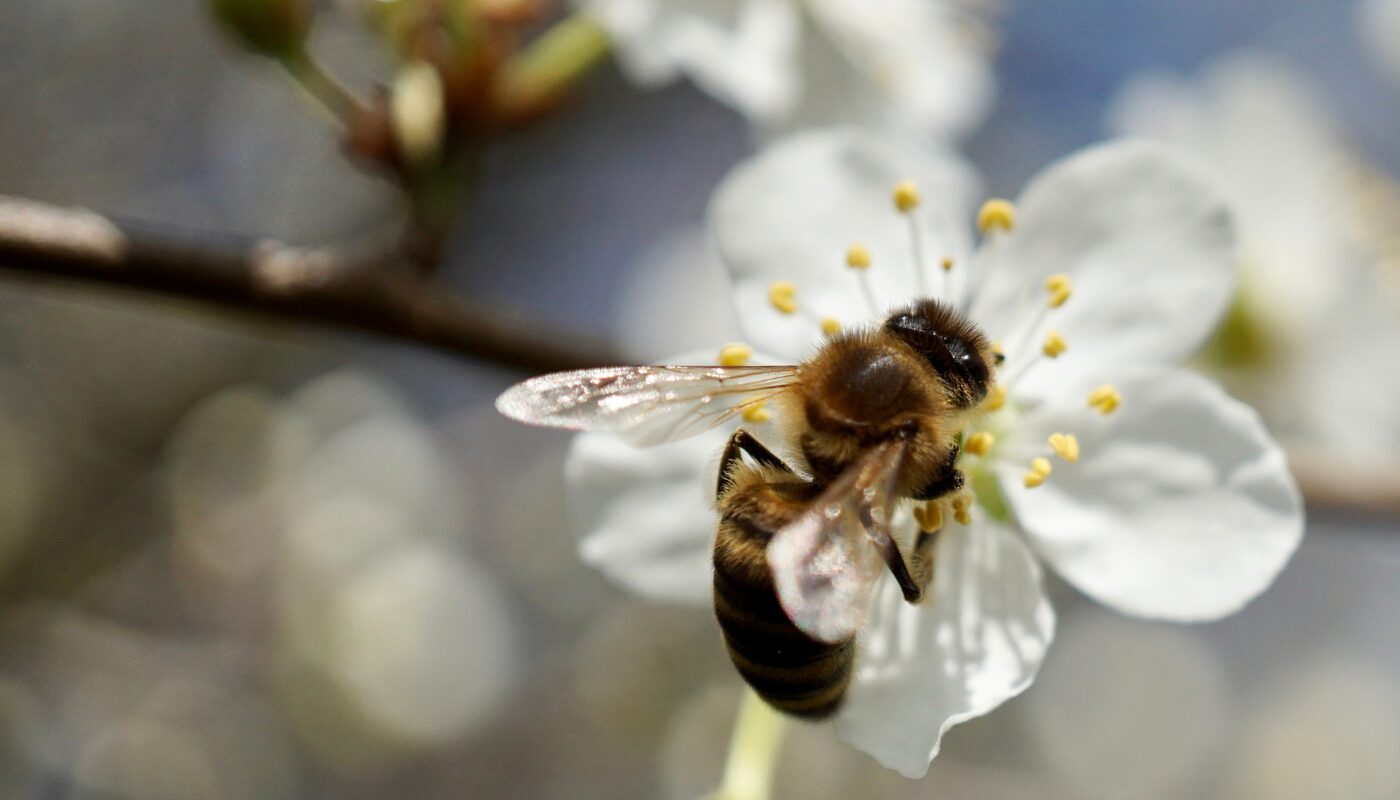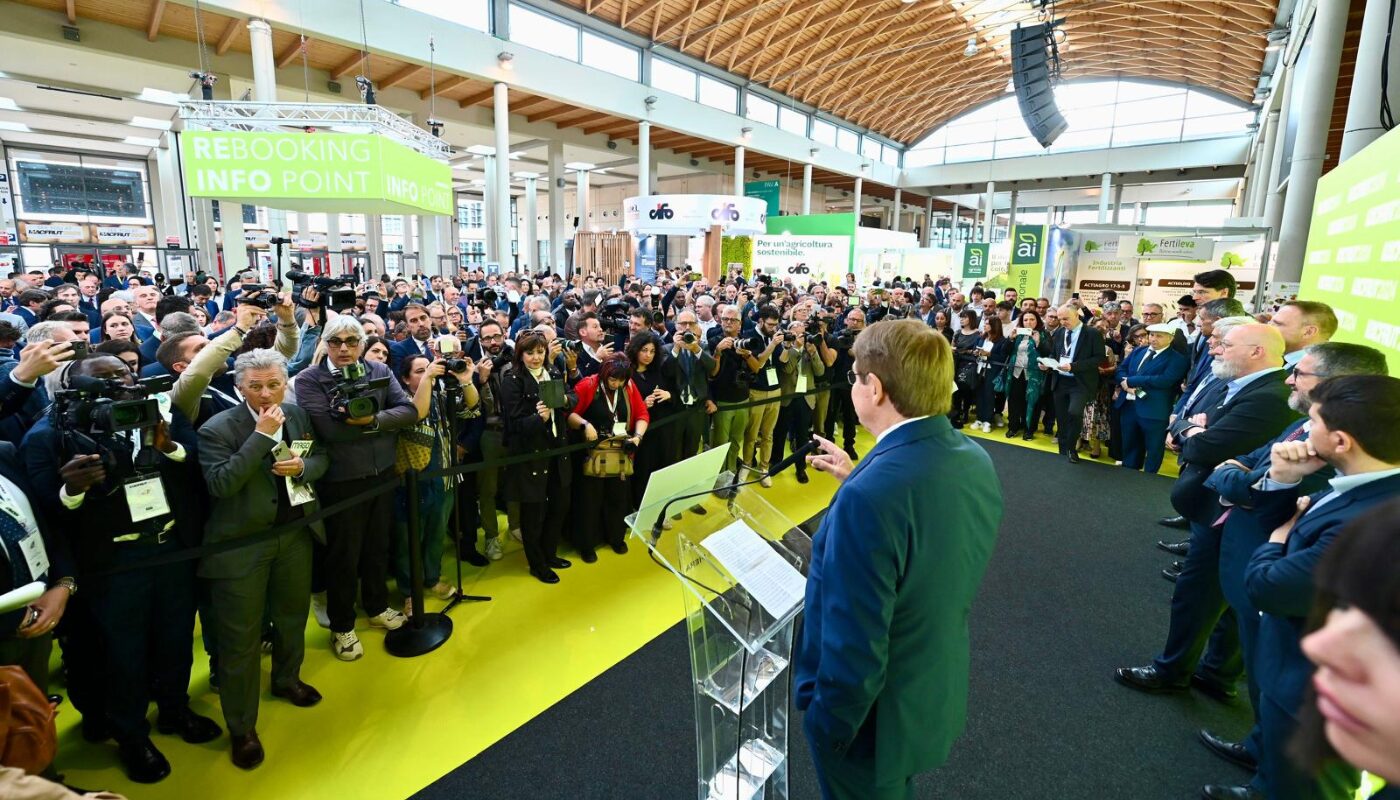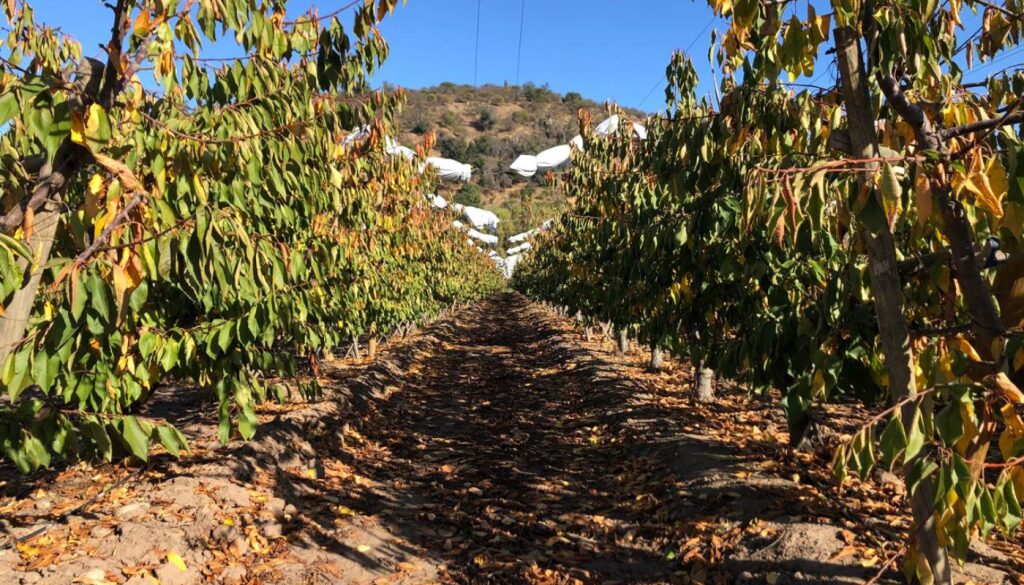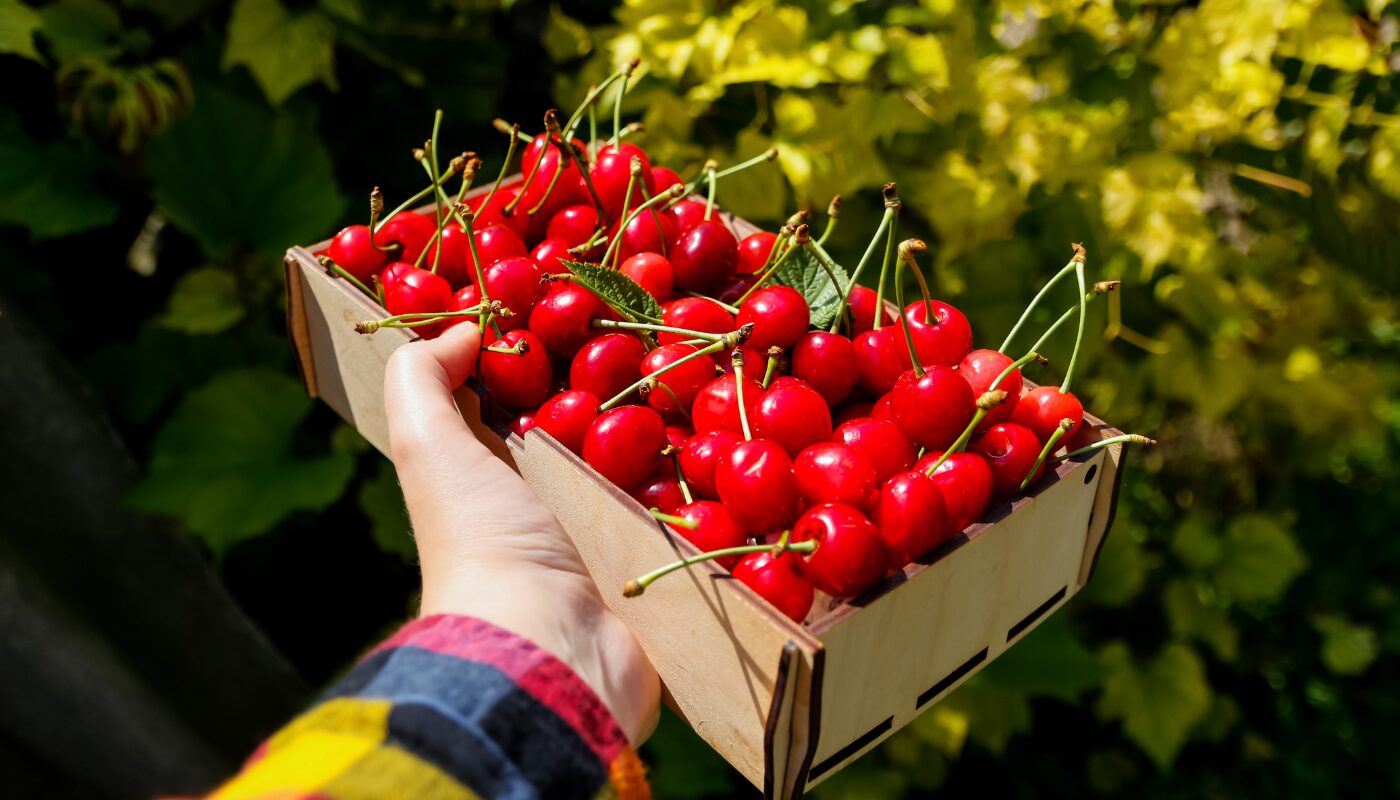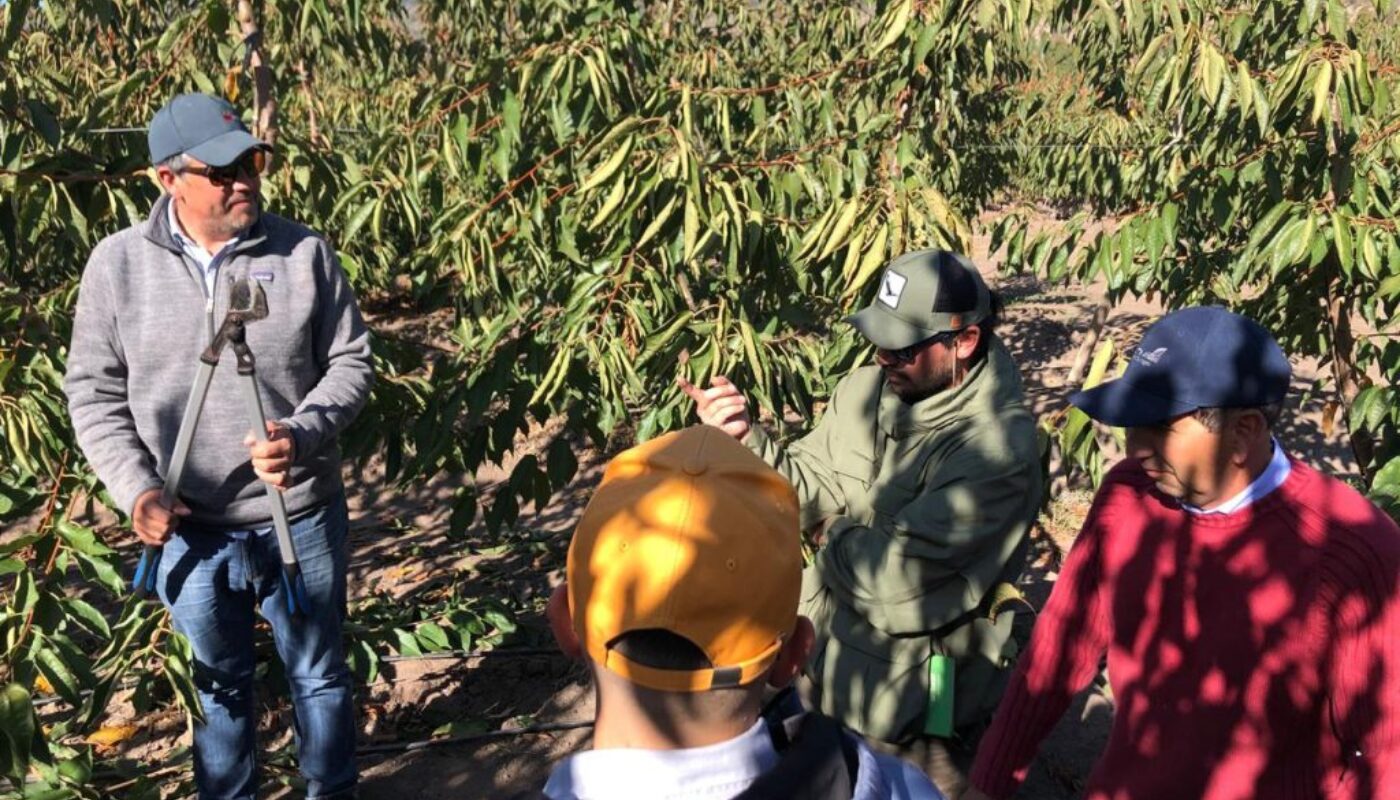Washington State University’s Matthew Whiting, Professor in the Horticulture Department, alongside Bernardita Sallato, WSU Tree Fruit Extension Specialist, addressed challenges and formulate strategies aimed at mitigating the impact of adverse weather conditions on fruit set, particularly focusing on cherries.
The session delved into various aspects crucial for successful fruit set, emphasizing the intricate steps and environmental factors influencing the process. From pollen viability and transfer to ovule longevity and receptivity, each step was scrutinized for its susceptibility to adverse weather conditions such as cold temperatures, wind, and snow.
Cold temperatures emerged as a primary concern, with discussions highlighting the potential damage to floral tissues at different developmental stages. Data presented by WSU PhD candidate Jon Magby underscored the vulnerability of sweet cherry cultivars to temperature drops below the plant’s hardiness level, projecting significant damage if temperatures plummeted to critical levels.

Minimum and maximum temperatures reported in Moxee, Wenatchee, Roza and Wapato Ag Weather stations between April 7th and April 13th. The horizontal red line represents min temperature for bee activity (Apis mellifera). The horizontal light blue line approximates the temperature that may cause frost damage in sweet cherry and apples.
Furthermore, the effective pollination period (EPP) in cherries, apples, and pears was examined in the context of cold and wet conditions. While low temperatures were found to extend ovule viability and stigma receptivity, they also hindered pollen germination and tube growth, posing challenges for optimal fruit set.
The session also shed light on the impact of adverse weather conditions on pollinators, particularly bees, whose activity is crucial for successful pollination. With low temperatures and windy conditions hindering bee activity, growers were urged to explore alternative pollination methods, including precision pollination systems and supplemental pollen application.
Strategies for frost protection, including the use of wind machines, irrigation techniques, and protective sprays, were discussed extensively. Additionally, insights were shared on the use of plant growth regulators to extend the effective pollination period and enhance fruit set under challenging weather conditions.
In conclusion, the WSU session underscored the urgency for collaborative efforts within the tree fruit industry to tackle the challenges posed by adverse weather conditions on cherry pollination and fruit set. By implementing informed strategies and leveraging innovative solutions, growers can safeguard their crops and ensure sustainable production in the face of evolving climatic conditions.
Read the WSU article here
More technical content here
